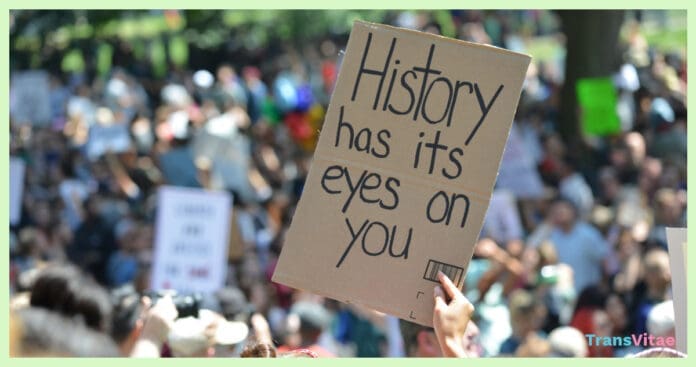The ongoing struggle for transgender equality necessitates active support from allies. Cisgender individuals can play a significant role in amplifying trans voices and advocating for a more just world. This guide explores how to center trans narratives, navigate conversations with respect, and take concrete action for change.
Understanding the Basics
Before diving into effective allyship, it’s essential to grasp the fundamentals of gender identity and expression.
- Learn the terminology. Get familiar with terms like transgender, non-binary, gender identity, gender expression, and the difference between sex and gender. Resources like GLAAD’s glossary of terms can help.
- Respect pronouns and names. When someone shares their pronouns and preferred name, it’s a sign of respect to use them consistently. If you make a mistake, a simple apology and correction suffice.
- Recognize that gender is a spectrum. Gender experiences are diverse, and not everyone fits neatly into the “man” or “woman” boxes. Embrace this diversity.
Lifting Up Trans Voices
True allyship centers on the lived experiences of transgender people. Here’s how to prioritize their voices:
- Share the mic. Use your platforms to amplify trans voices, whether that’s retweeting posts, sharing their work, or inviting them to participate in events.
- Center trans experiences. Prioritize the perspectives of trans individuals when discussing trans-related issues. Avoid the urge to speak on their behalf.
- Acknowledge your privilege. Cisgender people benefit from a system that often discriminates against trans individuals. Use this recognition to advocate for positive change.
Example: Laverne Cox, a trailblazing transgender actress and activist, uses her platform to elevate the stories of trans people across various fields. Her visibility and advocacy have paved the way for more nuanced representations of transgender lives in the media.
Navigating Conversations
Conversations about gender identity can be complex. Here’s how to approach them with respect and understanding:
- Listen actively. Focus on genuinely hearing and appreciating the perspectives of transgender people.
- Don’t ask invasive questions. Respect boundaries and avoid prying into people’s personal medical histories or bodies.
- Challenge misinformation. When confronted with harmful myths, counter them with facts while maintaining composure.
- Be willing to learn. As language and understandings around gender continue to evolve, remain open to ongoing education.
Example: Janet Mock, a trans writer, director, and activist, has eloquently challenged misconceptions and stereotypes about transgender experiences through her books, interviews, and public speaking.
Taking Action
Allyship goes beyond conversations. Here’s how to turn your support into tangible action:
- Support trans-led organizations. Donate to and volunteer with organizations fighting for trans rights, such as the National Center for Transgender Equality, The Trevor Project, or your local trans-focused groups.
- Vote for pro-trans candidates. Support politicians who advocate for trans healthcare access and non-discrimination protections and oppose harmful bathroom bills.
- Contact your representatives. Let your elected officials know that trans equality matters to you.
- Intervene when you see discrimination. Speak up in safe situations where you witness transphobia. Offer support to the targeted person.
Example: The ACLU (American Civil Liberties Union) actively fights against discriminatory legislation targeting trans individuals, including challenges to bathroom bills and restrictions on gender-affirming healthcare for trans youth.
The Bottom Line
Remember that effective allyship is multifaceted and requires ongoing commitment.
- Intersectionality matters. Recognize that race, ethnicity, disability status, and other factors intersect with gender identity. Support an inclusive approach.
- Mistakes will happen. Focus on accountability, sincere apologies, and a commitment to do better.
- Allyship is a journey. Strive for continuous learning, growth, and unwavering support for the trans community.
Allyship is about empowering trans individuals to lead their own fight for liberation. By following these guidelines, cisgender allies can be powerful forces for change.



Become a member of Transvitae if you want to join the conversation. A small amount monthly, helps us keep the site a safe space for the community.